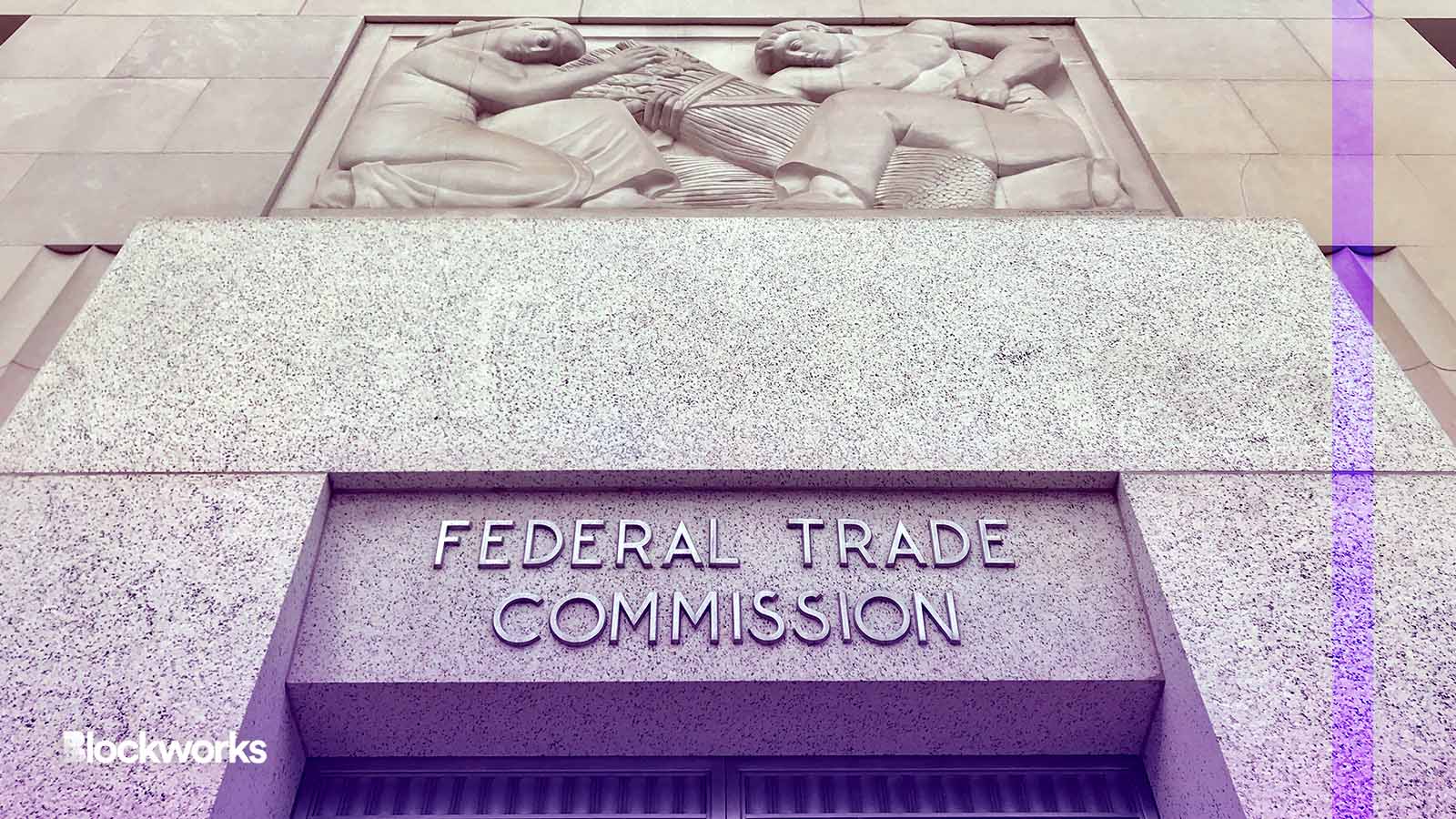Celsius CEO absent from $4.7B FTC settlement
The Federal Trade Commission announced the settlement after the FTC, CFTC and SEC filed lawsuits against Celsius

DCStockPhotography/Shutterstock modified by Blockworks
In a move designed to prevent Celsius from engaging in business practices linked to crypto assets, the FTC reached an agreement with the bankrupt lender that would return an eye-popping $4.7 billion to customers.
No monetary fines were imposed directly on the company by the FTC — as is typical in such settlements — with the regulator evidently preferring to try to make Celsius customers whole. The $4.7 billion judgment against Celsius came with a number of conditions attached, including that the bankrupt company cannot restart its operations.
The settlement was “suspended” under the FTC judgment in a bid permitting Celsius to return remaining assets to its former users.
The settlement does not apply to former Celsius executives, including former CEO Alex Mashinsky, as well as co-founders Shlomi Daniel Leon and Hanoch Goldstein. The executive trio, the FTC said, did not reach a settlement with the regulator and would face federal court proceedings as a result.
The proposed settlement with Celsius would prevent the bankrupt lender from operating what appeared to be all of its business lines, including offering or distributing crypto-linked assets, as well as facilitating deposit and withdrawals.
Under a lawsuit that preceded the settlement, the FTC said Celsius, including employees and attorneys, was prohibited from obtaining customer information with false information.
The FTC filed a lawsuit against Celsius and former executives in New York on Thursday, alleging deceptive practices by the company and its leadership.
Celsius “deceived users by falsely promising them that they could withdraw their deposits at any time, that the company maintained a $750 million insurance policy for deposits, that it had sufficient reserves to meet customer obligations,” the regulator said, adding that the company lacked the reserves to do so.
The allegations also state the bankrupt lender “routinely” made unsecured or under-collateralized loans — despite Celsius stating it did not do so as a business practice.
The FTC joined the CFTC and SEC in suing Mashinsky and Celsius. The DOJ has also unsealed an indictment against Mashinsky.
Celsius filed for bankruptcy last July after the algorithmic stablecoin TerraUSD collapsed.
Get the news in your inbox. Explore Blockworks newsletters:
- The Breakdown: Decoding crypto and the markets. Daily.
- 0xResearch: Alpha in your inbox. Think like an analyst.






